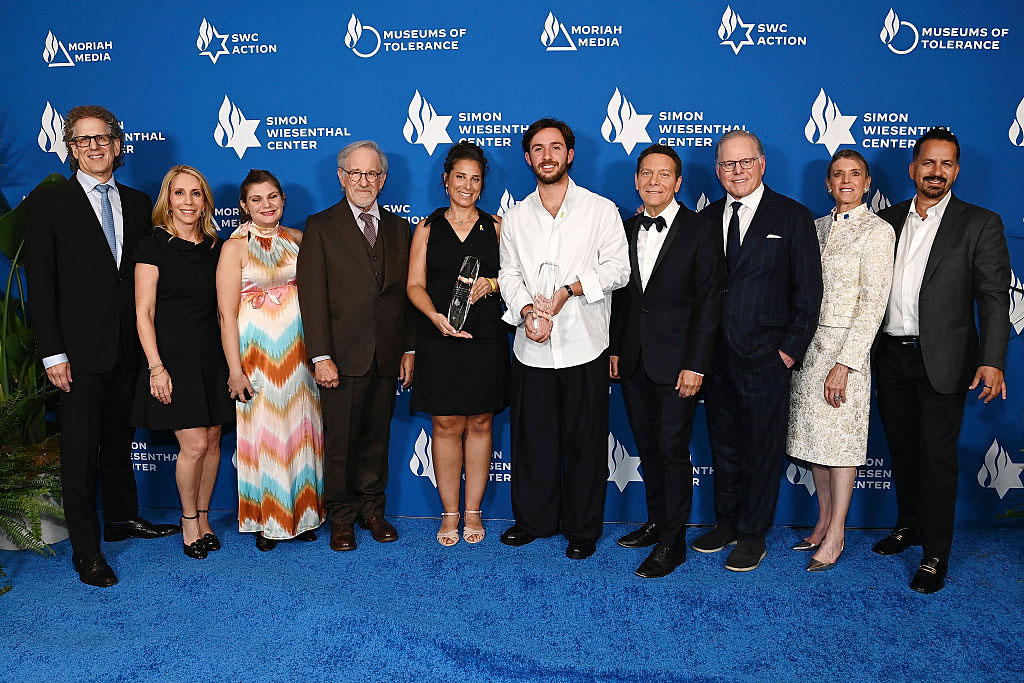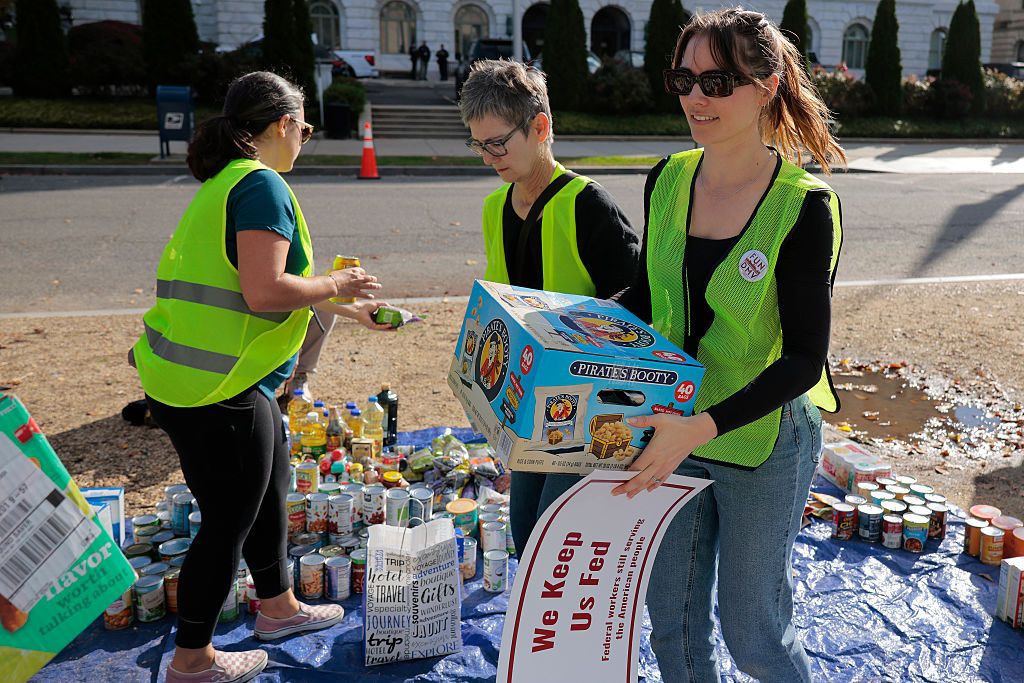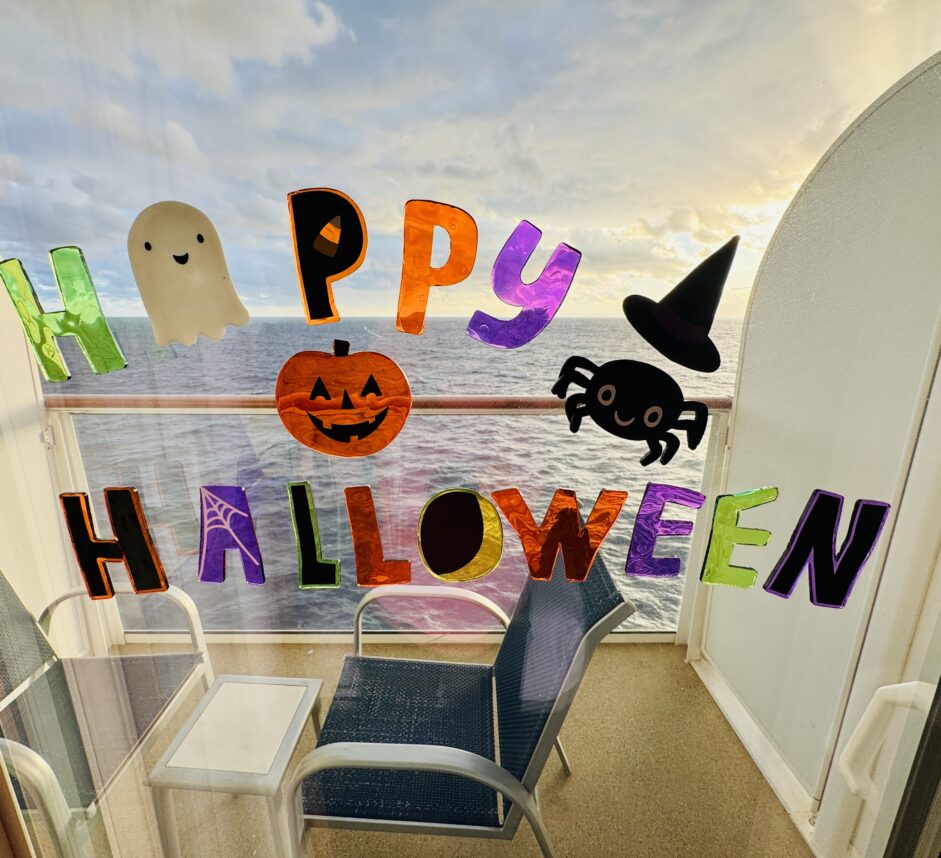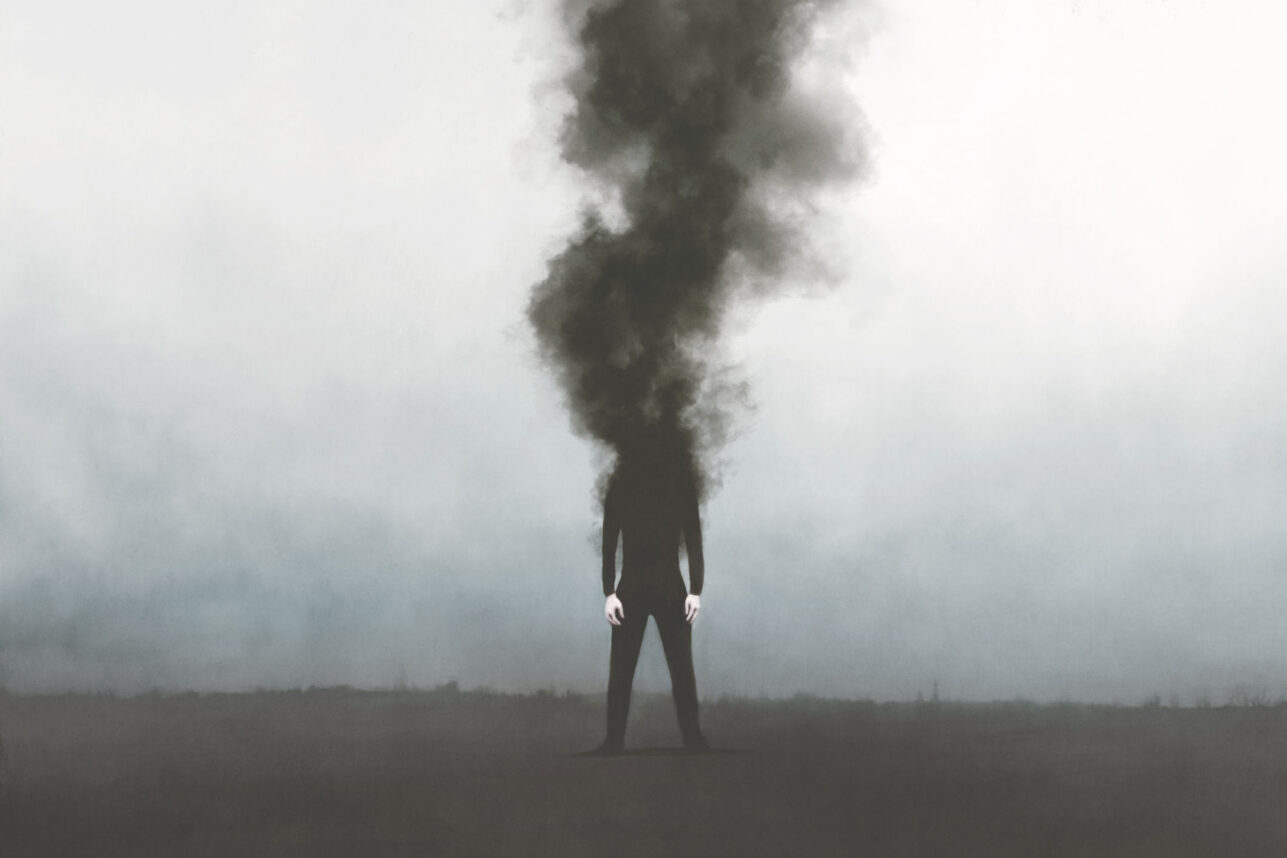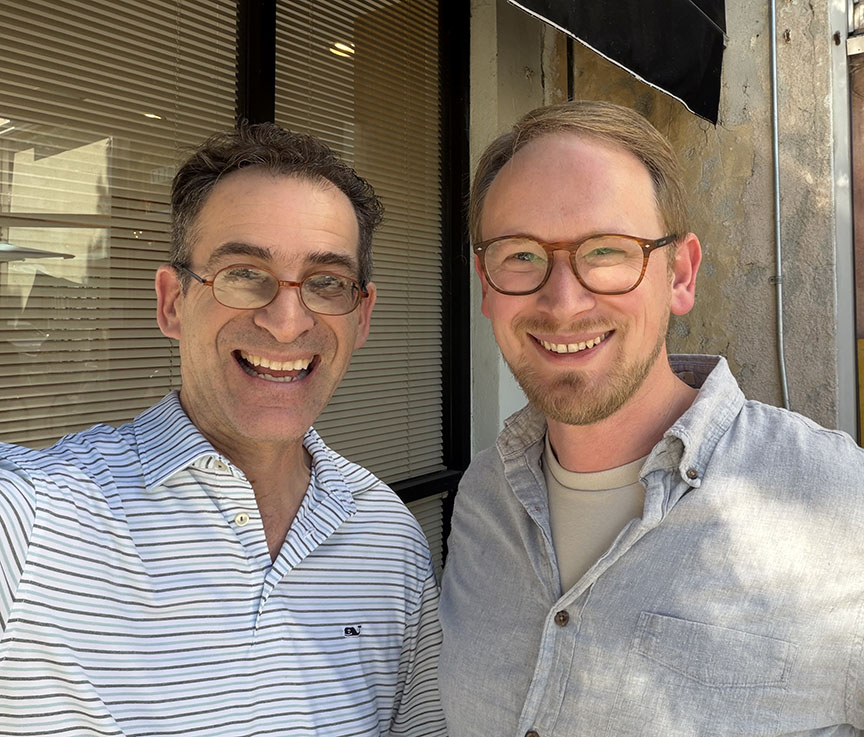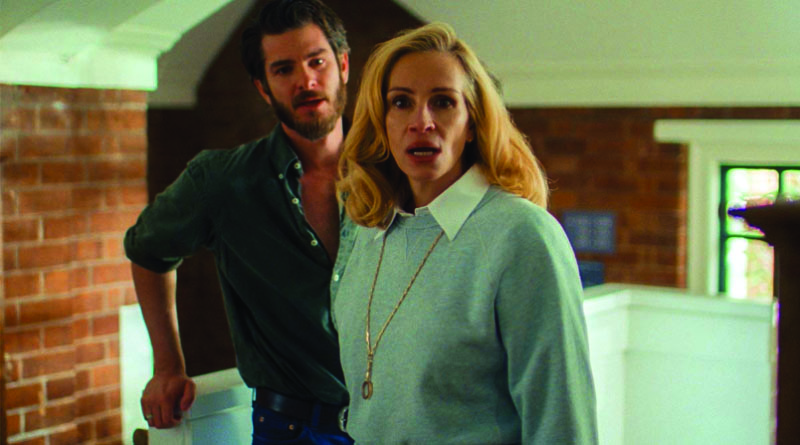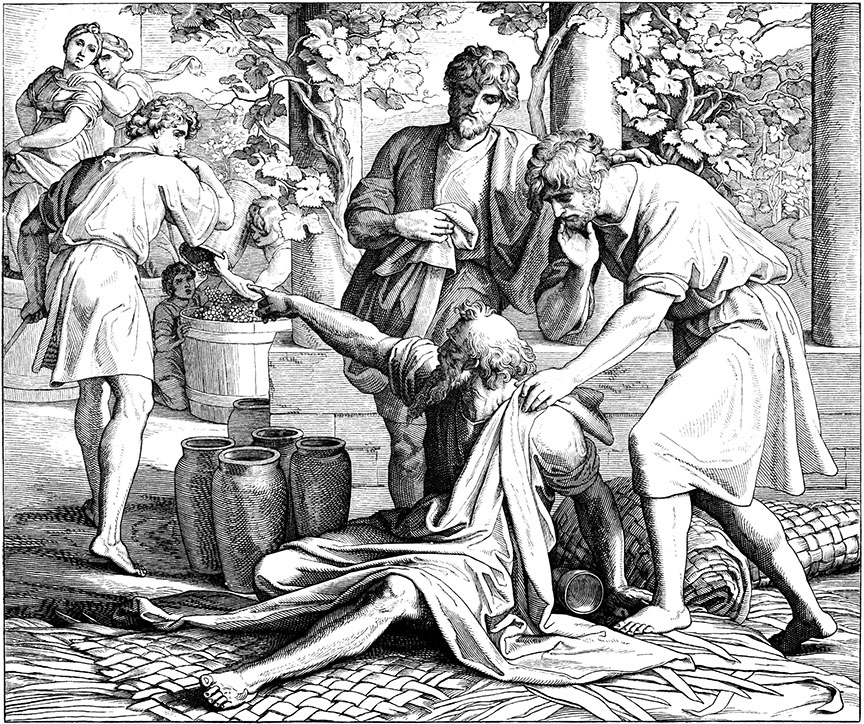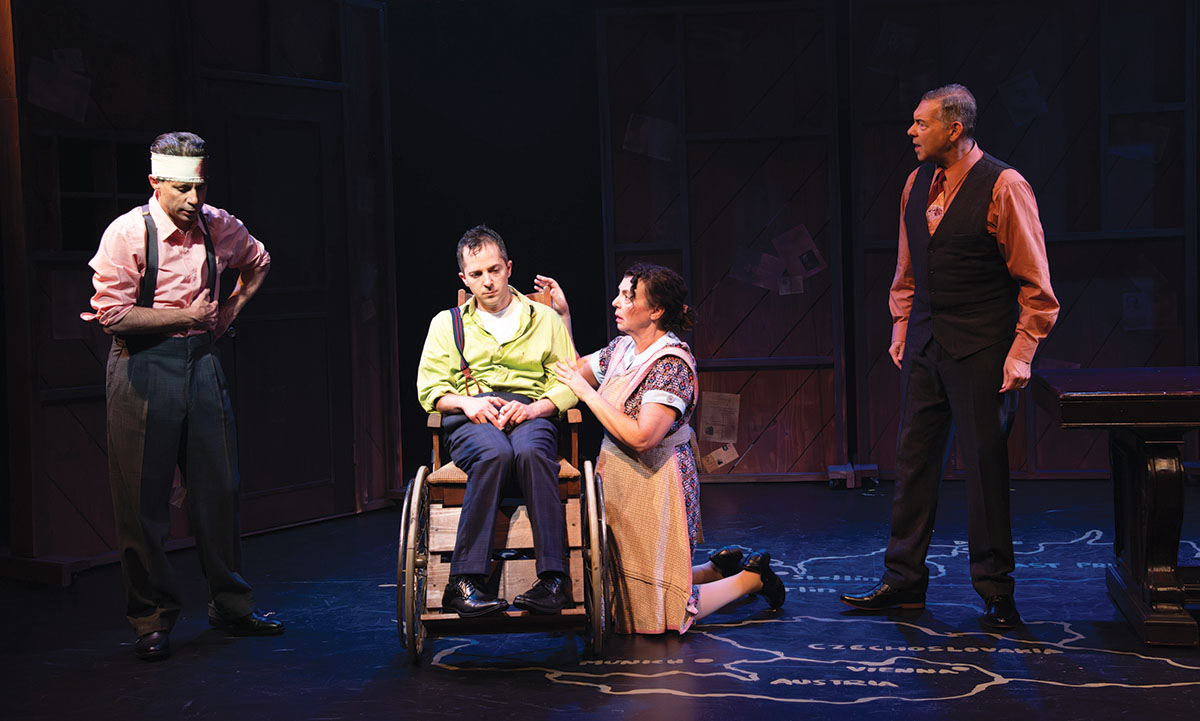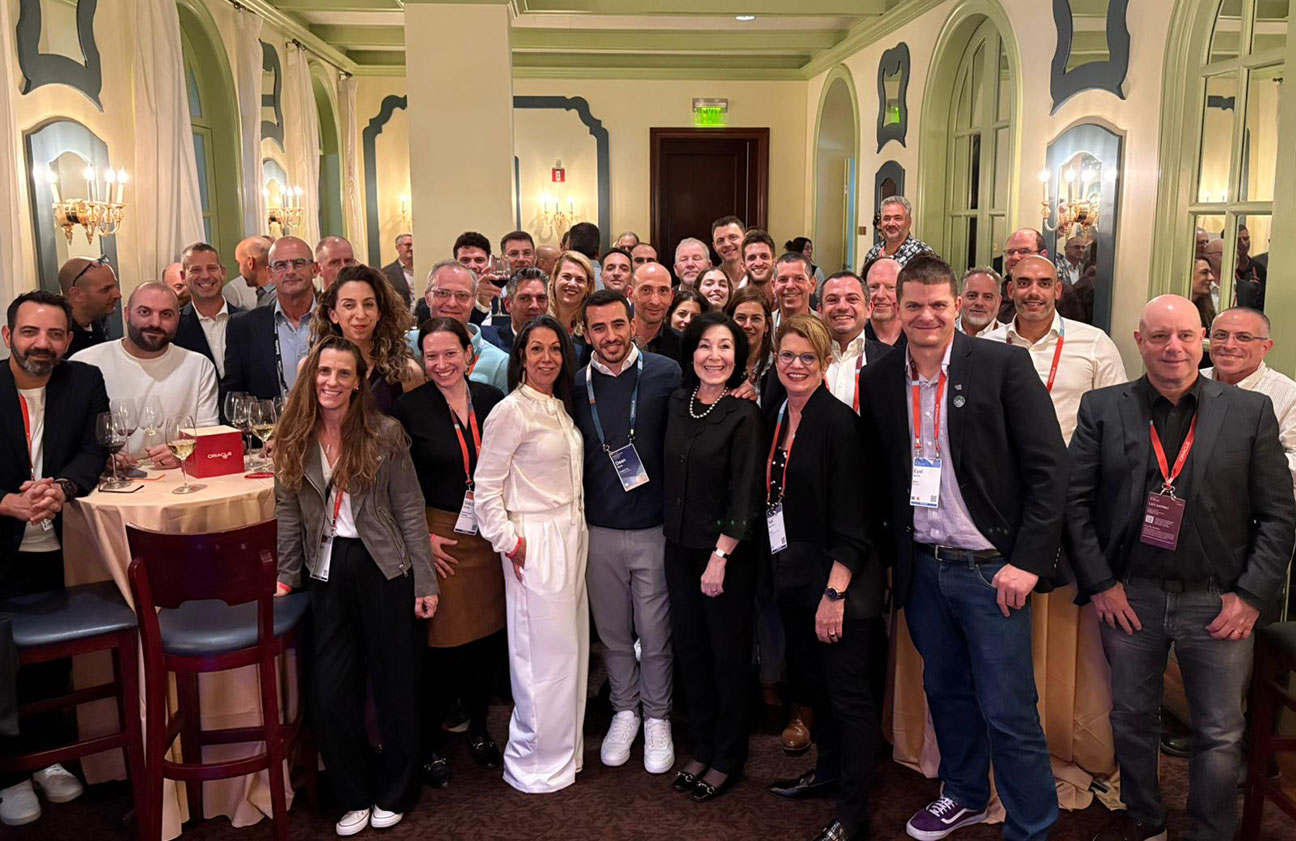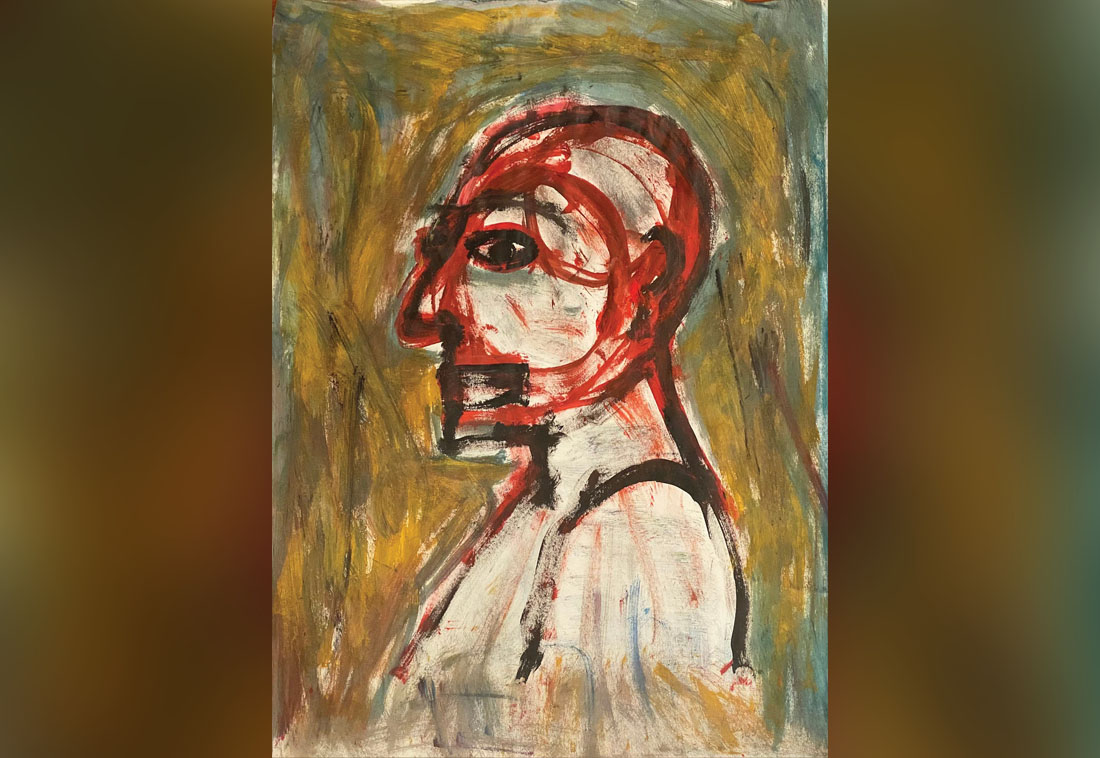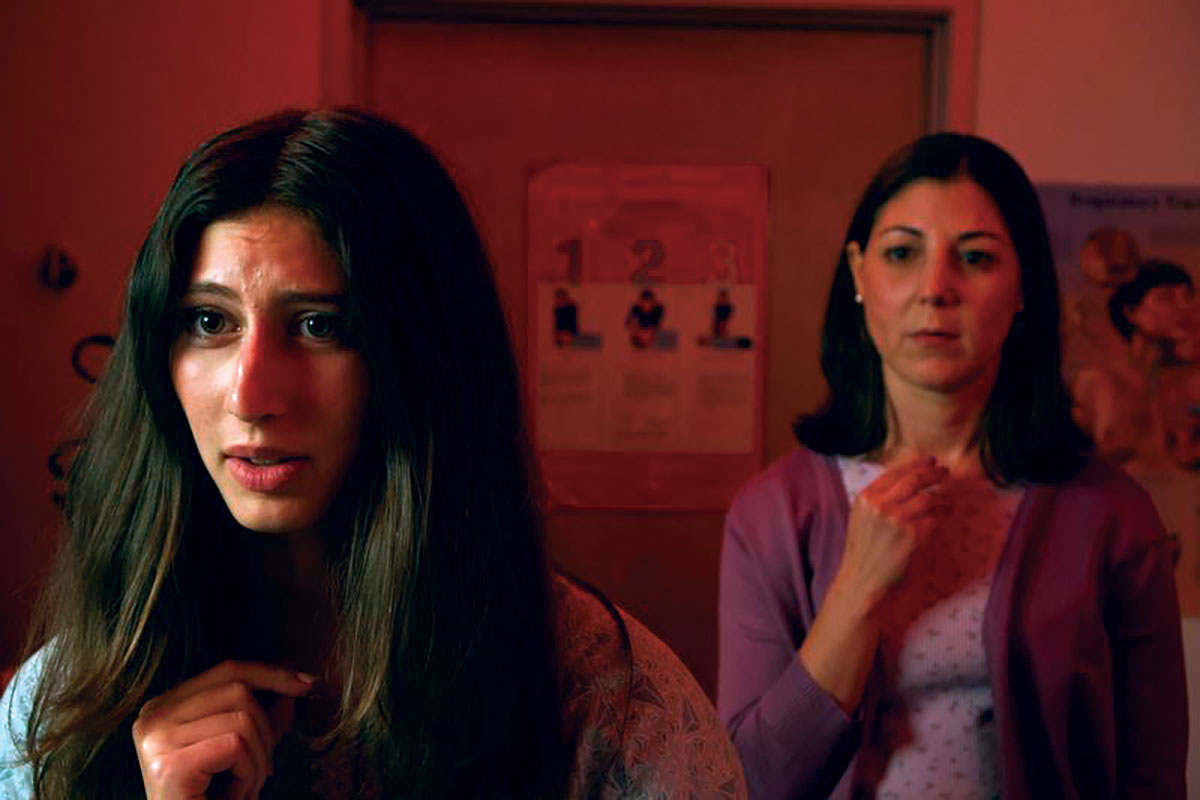
Two standout short films at the Soho International Film Festival examine Jewish identity. “The Unburdened” looks at how to teach the Holocaust to the next generation, while “Catalogue of Noses” is a musical comedy about the possibility of rhinoplasty.
Elana Safar, co-writer and star of “The Unburdened,” is a granddaughter of Holocaust survivors. She remembered telling her family’s story to Steven Spielberg’s USC Shoah Foundation years ago. Growing up, the New Jersey resident was cognizant of what they endured. “You could clearly see the numbers on their arms and they were traumatized,” Safar told The Journal. “I sensed the pain as a young kid. It was always there. It was very personal and visceral. I feel responsible to make sure survivors are not forgotten as we live through the last generation to know survivors and that haunts me.”
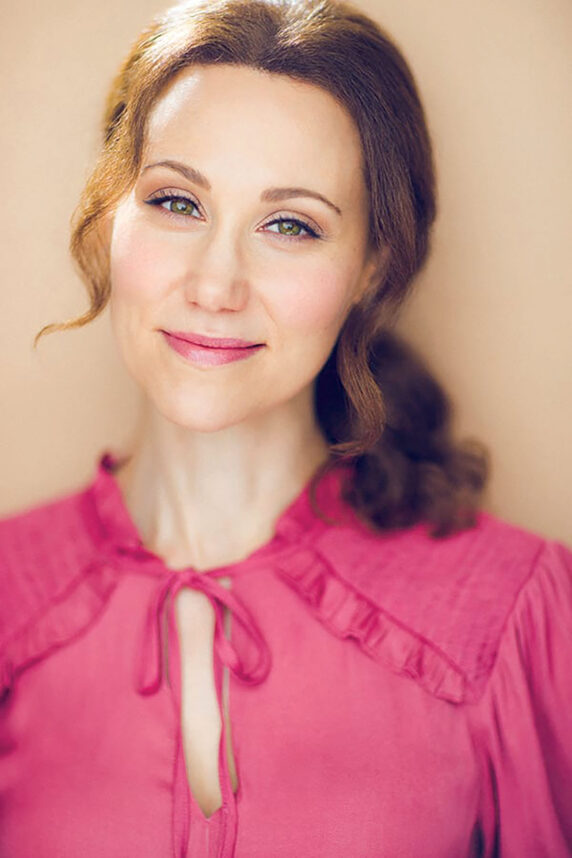
Safar, who has appeared on episodes of ABC’s “Quantico” and NBC’s “The Blacklist,” stars as Shayna, who wants to dig up a time capsule she and her friend Marissa (Elizabeth Ness) buried years ago (something Safar actually did in middle school), even as she hopes she’ll have enough time to cut yellow stars for her daughter’s school Holocaust program.
“When I was growing up, no one talked about trauma,” Safar said. “I understood as uncomfortable as it was, you were supposed to see ‘Schindler’s List’ and go to Holocaust museums. Other kids said they’d rather have fun, and it’d be too depressing. For me in the ’90s, that was not a choice.”
She has twice joined “March of The Living,” where she saw the death camps, and has appeared in two productions of “The Diary of Anne Frank.” While she did not set out to make an educational or preachy film, she hopes “The Unburdened” could help people consider how to present the Holocaust to students. In the film, a parent objects that it may not be appropriate for students to wear yellow stars.
How did being a granddaughter of Holocaust survivors affect her? “In my family, you didn’t waste food, you cleaned your plate,” Safar said. “I remember being at a different house of a grandchild of survivors and they were just throwing out food and not keeping any leftovers. I thought they’d hold on to every scrap of food.”
Safar, an acting coach to students across the country, noticed something that struck her as ironic: a Jewish student from New York was reluctant when it was suggested she perform an Anne Frank monologue, while a Christian student from Texas fully embraced it. She said while she was surprised at first, she realized there could be good reason for it.
Arnon Shorr, director of “The Unburdened,” who lived in Los Angeles for 10 years beginning in 2014, said his grandparents on his father’s side left Germany in the ’30s when they saw things turning against Jews.
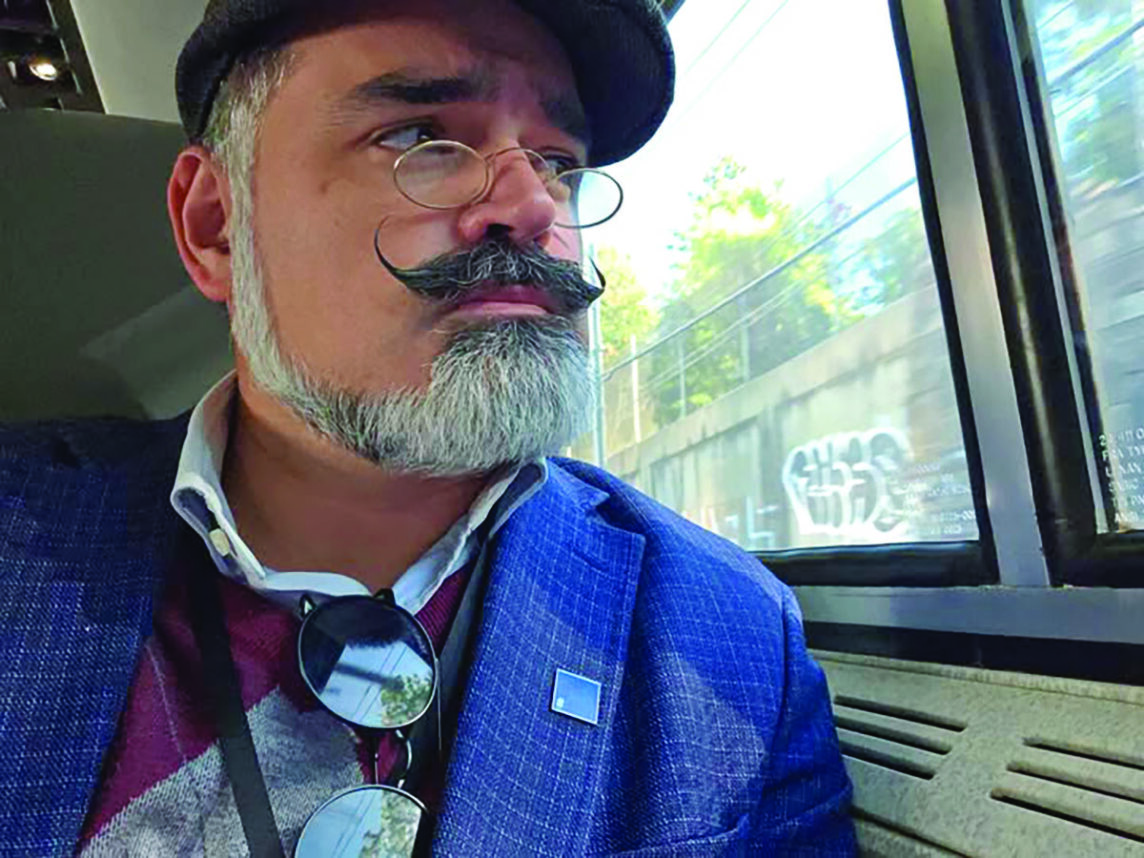
He told The Journal the film asks some crucial questions. “What are the consequences of trying to move on, what are the consequences of recalling it and reliving it?” he asked. “I wanted to explore that question. It speaks to the difficulty that there isn’t one clear obvious answer. I’m always interested in the way Judaism seems to be open to binaries not being binaries and a dialectical way of thinking where two opposite ways of thinking can be true. We have to remember Amalek and erase the name from the planet …”
As there are fewer survivors alive, he said, the task falls to others to tell the story at a time of rising antisemitism and competing views about how best to present information. “One of the challenges of grappling with the Holocaust is how do we not fall into sort of a perpetual self-victimization on one hand, a blasé indifference on the other hand and how do we find this careful and measured entry point in understanding this part of our history,” Shorr said. “This was a deep dark aspect of humanity which is still part of humanity … what does it mean to survive? What does it mean to remember? At what point does remembering interfere with our surviving? At what point does our surviving interfere with our remembering? That complexity is a vibrant piece of who we are.”
“Catalogue of Noses” began as a short stage performance shortly after the controversy of “Jewface,” a term made popular by Jewish comic Sarah Silverman. Writer and actress Lauren Schaffel also heard discussions about Bradley Cooper putting on a prosthetic nose to play Leonard Bernstein in “Maestro” and Helen Mirren doing the same to play Israeli Prime Minister Golda Meir in “Golda.” Schaffel, who grew up and lives in Los Angeles, said she was pressured to get a nose job when she was 16.
“I was gung-ho to do it at the time,” Schaffel said.
It’s the genesis of her humorous short, “Catalogue of Noses,” that includes a model nose of non-Jewish actor Jason Biggs of “American Pie.” It tells the story of a young Jewish woman named Emily, who has to decide if she should get a nose job, and what type of nose she would want if she went through with it.
She said about 100 different young actresses were considered to play Emily. They made the right choice in Jemma Handler, who has a great singing voice, a heaping spoonful of charisma, and was someone they could see in a major comedy playing Adam Sandler’s daughter.
“She blew us away,” Schaffel said of Handler.
Directed by Josie Andrews, there is a fun nod to “Tradition” from “Fiddler on The Roof.” Schaffel played Becca on “Still Standing,” and can be seen in an episode of “The Marvelous Mrs. Maisel.”
Is there more pressure for a Jewish woman to get a nose job in New York or Los Angeles? “That’s such a good question,” she said. “When I was growing up in LA, it was happening a lot but not spoken about. But I’m sure similar things were going on in New York.” She was made fun of in elementary school, and after the surgery, she was able to book more acting gigs.
“The Unburdened” is emotionally gripping and makes one wonder about the future, while “Catalogue of Noses” doesn’t take itself too seriously, is great fun to watch, and Handler is memorable in a performance that shows moxie. Safar and Schaffel show they know what they are doing both in writing and acting in two short films that examine Jewish identity. While many shorts are made into features, neither writer/actress said that’s their goal, but said they will see what the future brings.








